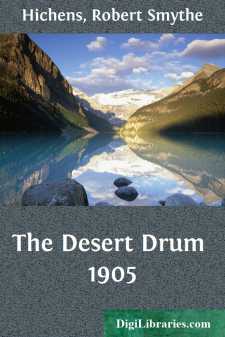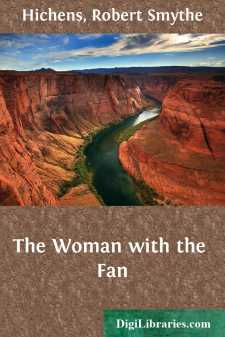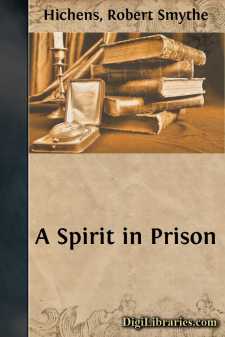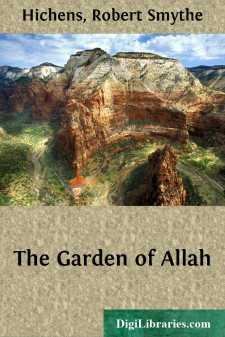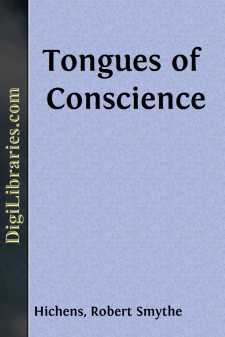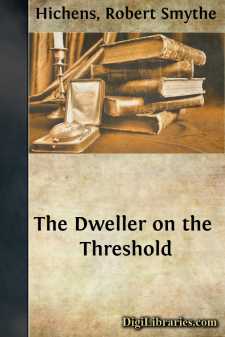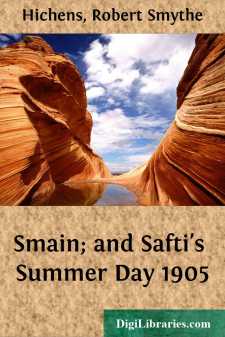Categories
- Antiques & Collectibles 13
- Architecture 36
- Art 48
- Bibles 22
- Biography & Autobiography 813
- Body, Mind & Spirit 142
- Business & Economics 28
- Children's Books 14
- Children's Fiction 11
- Computers 4
- Cooking 94
- Crafts & Hobbies 4
- Drama 346
- Education 46
- Family & Relationships 57
- Fiction 11829
- Games 19
- Gardening 17
- Health & Fitness 34
- History 1377
- House & Home 1
- Humor 147
- Juvenile Fiction 1873
- Juvenile Nonfiction 202
- Language Arts & Disciplines 88
- Law 16
- Literary Collections 686
- Literary Criticism 179
- Mathematics 13
- Medical 41
- Music 40
- Nature 179
- Non-Classifiable 1768
- Performing Arts 7
- Periodicals 1453
- Philosophy 64
- Photography 2
- Poetry 896
- Political Science 203
- Psychology 42
- Reference 154
- Religion 513
- Science 126
- Self-Help 84
- Social Science 81
- Sports & Recreation 34
- Study Aids 3
- Technology & Engineering 59
- Transportation 23
- Travel 463
- True Crime 29
The Desert Drum 1905
Categories:
Description:
Excerpt
I am not naturally superstitious. The Saharaman is. He has many strange beliefs. When one is at close quarters with him, sees him day by day in his home, the great desert, listens to his dramatic tales of desert lights, visions, sounds, one's common-sense is apt to be shaken on its throne. Perhaps it is the influence of the solitude and the wide spaces, of those far horizons of the Sahara where the blue deepens along the edge of the world, that turns even a European mind to an Eastern credulity. Who can tell? The truth is that in the Sahara one can believe what one cannot believe in London. And sometimes circumstances—chance if you like to call it so—steps in, and seems to say, "Your belief is well founded."
Of all the desert superstitions the one which appealed most to my imagination was the superstition of the desert drum. The Sahara-man declares that far away from the abodes of men and desert cities, among the everlasting sand dunes, the sharp beating, or dull, distant rolling of a drum sometimes breaks upon the ears of travellers voyaging through the desolation. They look around, they stare across the flats, they see nothing. But the mysterious music continues. Then, if they be Sahara-bred, they commend themselves to Allah, for they know that some terrible disaster is at hand, that one of them at least is doomed to die.
Often had I heard stories of the catastrophes which were immediately preceded by the beating of the desert drum. One night in the Sahara I was a witness to one which I have never been able to forget.
On an evening of spring, accompanied by a young Arab and a negro, I rode slowly down a low hill of the Sahara, and saw in the sandy cup at my feet the tiny collection of hovels called Sidi-Massarli. I had been in the saddle since dawn, riding over desolate tracks in the heart of the desert. I was hungry, tired, and felt almost like a man hypnotised. The strong air, the clear sky, the everlasting flats devoid of vegetation, empty of humanity, the monotonous motion of my slowly cantering horse—all these things combined to dull my brain and to throw me into a peculiar condition akin to the condition of a man in a trance. At Sidi-Massarli I was to pass the night. I drew rein and looked down on it with lack-lustre eyes.
I saw a small group of palm-trees, guarded by a low wall of baked brown earth, in which were embedded many white bones of dead camels. Bleached, grinning heads of camels hung from more than one of the trees, with strings of red pepper and round stones. Beyond the wall of this palm garden, at whose foot was a furrow full of stagnant brownish-yellow water, lay a handful of wretched earthen hovels, with flat roofs of palmwood and low wooden doors. To be exact, I think there were five of them. The Bordj, or Travellers' House, at which I was to be accommodated for the night, stood alone near a tiny source at the edge of a large sand dune, and was a small, earth-coloured building with a pink tiled roof, minute arched windows, and an open stable for the horses and mules. All round the desert rose in humps of sand, melting into stony ground where the saltpetre lay like snow on a wintry world. There were but few signs of life in this place; some stockings drying on the wall of a ruined Arab café, some kids frisking by a heap of sacks, a few pigeons circling about a low square watch-tower, a black donkey brooding on a dust heap. There were some signs of death; carcasses of camels stretched here and there in frantic and fantastic postures, some bleached and smooth, others red and horribly odorous.
The wind blew round this hospitable township of the Sahara, and the yellow light of evening began to glow above it. It seemed to me at that moment the dreariest place in the dreariest dream man had ever had....


